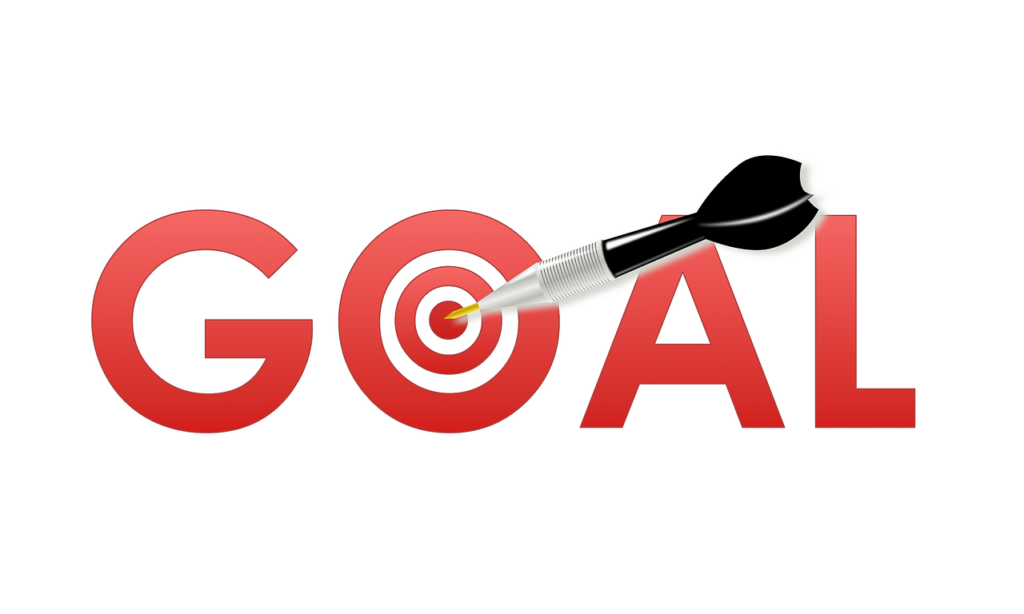11 Yearly Goals Everyone Should Have!

Table of contents
Setting goals provides clarity, direction, and motivation to grow and succeed in various aspects of life. This detailed guide outlines 30 yearly goals, divided into financial, personal development, health, relationship, career, lifestyle, and community goals. By implementing these goals, you can work toward creating a fulfilling and balanced life.
Financial Goals
1. Create an Emergency Fund
An emergency fund is essential to handle unforeseen financial setbacks, such as medical emergencies, car repairs, or unexpected bills.
- Why It’s Important:
- Provides financial security and reduces stress during emergencies.
- Helps avoid debt from unexpected expenses.
- Steps to Achieve It:
- Set a savings goal (e.g., 3-6 months’ worth of expenses).
- Automate monthly transfers into a separate savings account.
- Start small and increase contributions as your income grows.
- Helpful Resources:
2. Pay Off Debt
Reducing debt is crucial for financial stability and mental peace. Whether it’s credit card debt, student loans, or a mortgage, paying down debt should be a priority.
- Why It’s Important:
- Frees up income for savings and investments.
- Improves credit scores and reduces financial stress.
- Strategies to Pay Off Debt:
- Debt Snowball Method: Focus on paying off the smallest debt first.
- Debt Avalanche Method: Prioritize debts with the highest interest rates.
- Consolidate loans for a single, lower-interest payment.
- Online Resources:

3. Establish a Retirement Plan
Retirement planning ensures financial independence in later years. Starting early allows your investments to grow significantly over time.
- Why It’s Important:
- Reduces dependence on social security or family support.
- Builds a financially secure future.
- Steps to Get Started:
- Enroll in a 401(k) plan, especially if your employer offers matching contributions.
- Open an IRA (Traditional or Roth) and contribute regularly.
- Diversify investments to mitigate risks.
- Resources for Retirement Planning:
4. Start Investing
Investing is key to building wealth and achieving financial goals. Whether you’re a beginner or an experienced investor, regular investments can compound over time.
- How to Begin:
- Understand your risk tolerance and financial goals.
- Start with low-cost index funds or ETFs for diversified exposure.
- Use robo-advisors like Betterment or Wealthfront for automated investments.
- Resources for Beginners:
- Investopedia’s Investment Basics
- Robinhood for commission-free trading.
5. Create and Stick to a Budget
Budgeting is the foundation of financial health. It ensures that you live within your means and allocate resources effectively.
- Tips for Budgeting:
- Follow the 50/30/20 rule:
- 50% for essentials (housing, food).
- 30% for discretionary spending.
- 20% for savings and debt repayment.
- Use budgeting apps like YNAB or Mint for better control.
- Follow the 50/30/20 rule:
- Resources:
6. Plan for Large Purchases
Whether it’s a car, home renovation, or vacation, planning for big expenses helps avoid financial strain.
- How to Save for Major Purchases:
- Break down the total cost into smaller, manageable monthly goals.
- Open a dedicated savings account to separate these funds.
- Resources:
Personal Development Goals

7. Learn a New Skill
Expanding your skill set enhances your personal growth and career opportunities.
- Examples of Skills to Learn:
- Coding: Python or JavaScript for tech careers.
- Creative pursuits: Photography, painting, or writing.
- Business skills: Digital marketing, public speaking, or project management.
- Resources:
8. Commit to Reading Regularly
Reading broadens your knowledge and stimulates creativity.
- Tips to Build a Reading Habit:
- Set a goal of one book per month.
- Explore audiobooks if you’re short on time.
- Join online book clubs to stay motivated.
- Recommended Resources:
9. Improve Time Management
Effective time management boosts productivity and reduces stress.
- Techniques to Master Time Management:
- Pomodoro Technique: Work in 25-minute intervals followed by short breaks.
- Eisenhower Matrix: Categorize tasks into urgent, important, and non-urgent.
- Use planners or apps to track daily tasks.
- Resources:
10. Develop a Morning Routine
A structured morning sets a positive tone for the rest of the day.
- Elements of an Effective Routine:
- Incorporate exercise, meditation, or journaling.
- Avoid checking emails or social media first thing in the morning.
- Helpful Tools:
- Headspace for guided meditation.
- The Miracle Morning Book by Hal Elrod.
11. Practice Gratitude Daily
Gratitude improves mental health and fosters positivity.
- How to Cultivate Gratitude:
- Keep a gratitude journal and write down three things you’re thankful for each day.
- Express appreciation to people in your life.
- Resources:
Achieving yearly goals requires dedication, planning, and consistent effort. Whether focusing on new year financial goals, personal development, or career growth, these 30 goals serve as a roadmap to a more fulfilled and successful life. Start small, stay committed, and celebrate your progress along the way.




